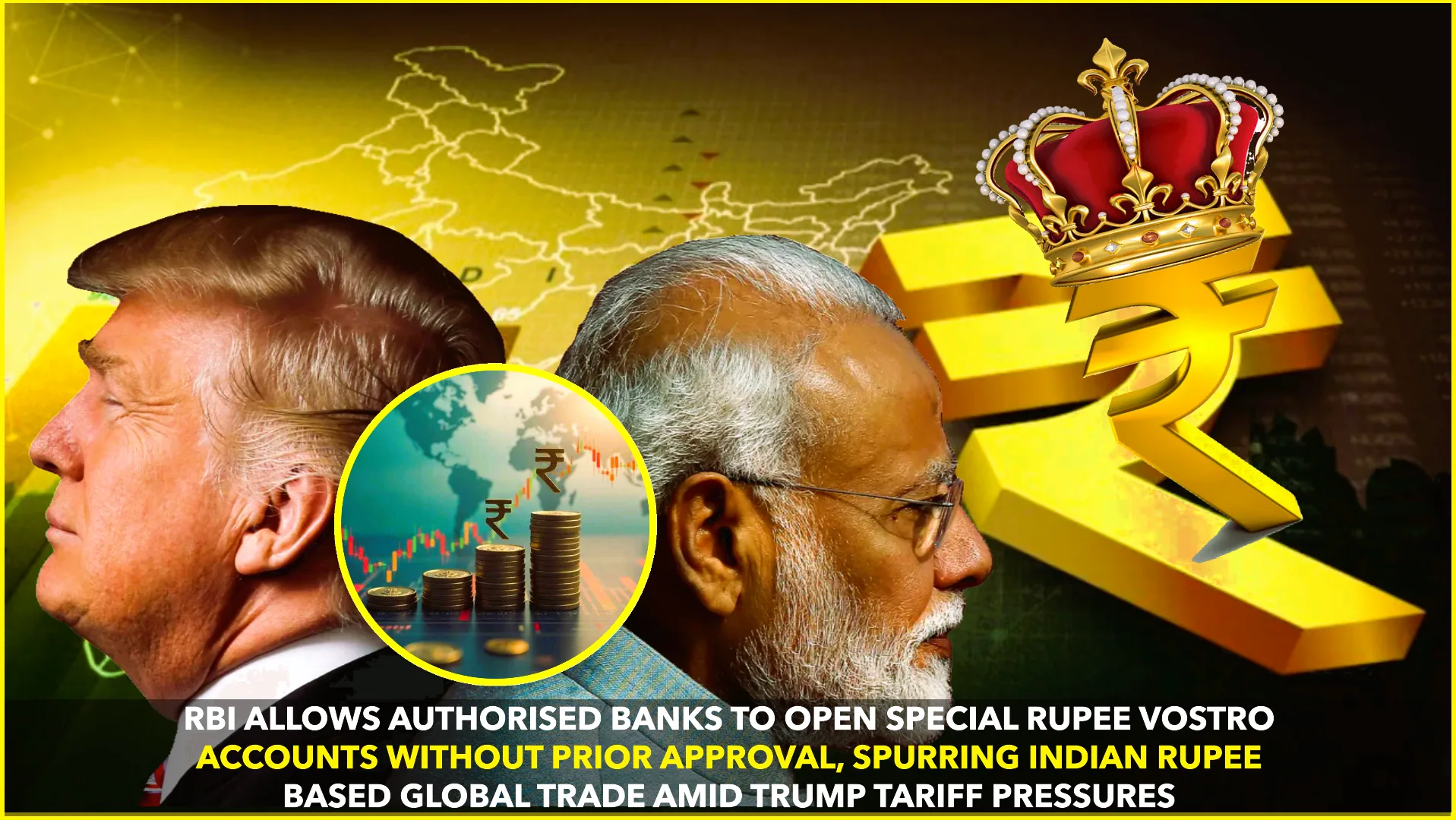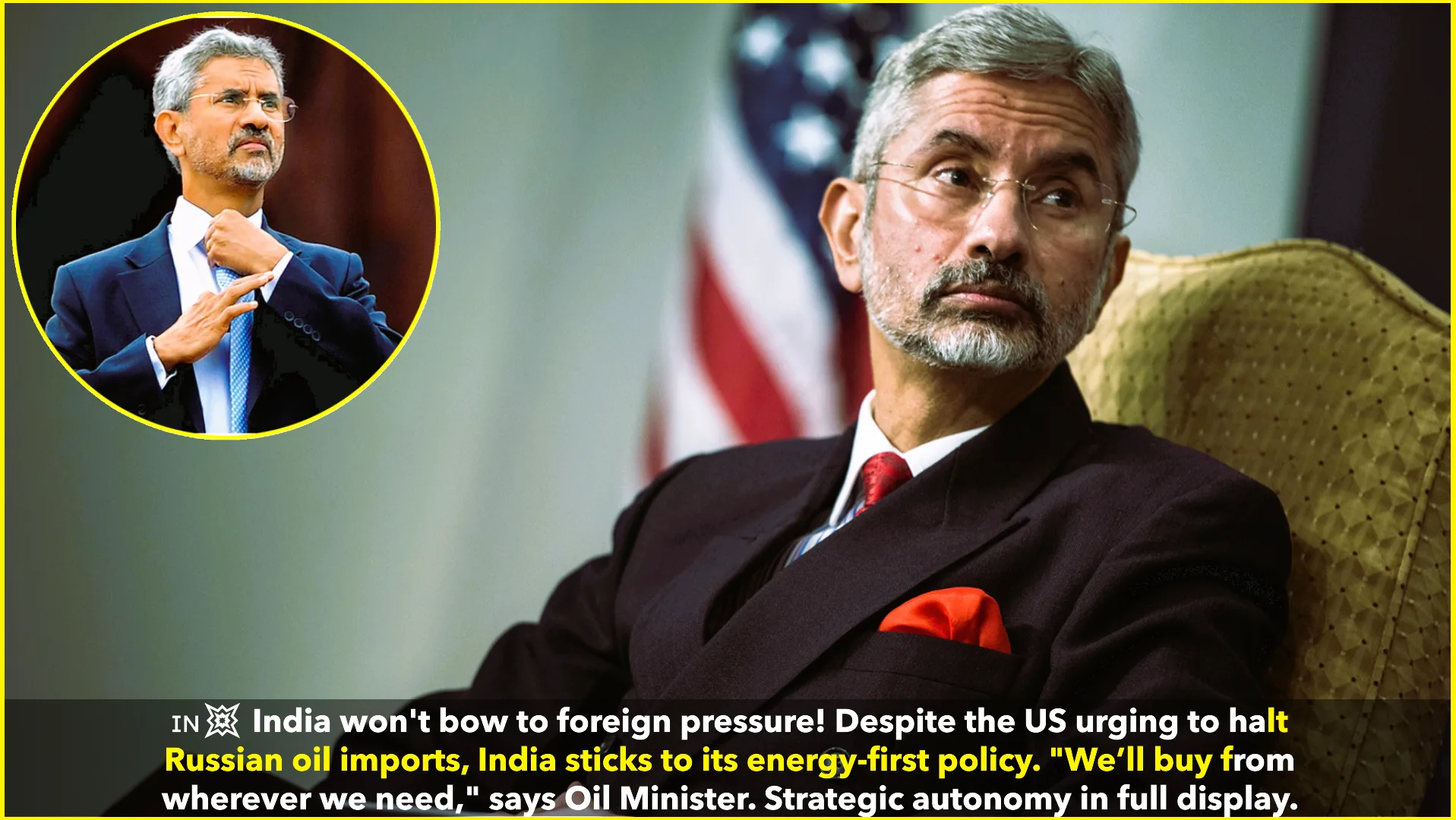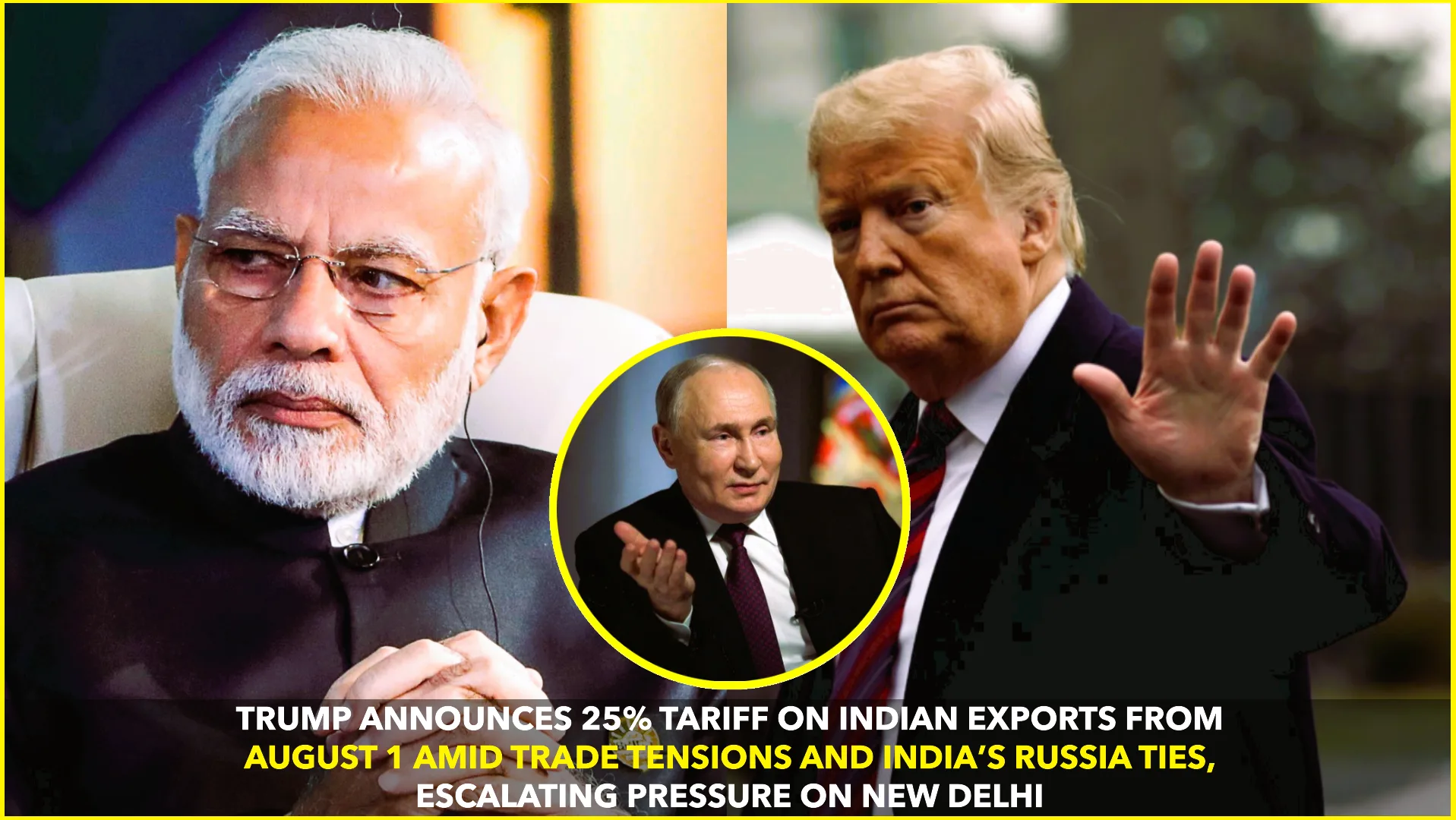China’s recent announcement of a 15% tariff on select U.S. energy products, agricultural machinery, and large-engine cars has fueled global market concerns. The move, perceived as a retaliatory measure against the United States, threatens to further strain economic ties between the two major world economies. While analysts suggest the direct impact on U.S. exports may be limited due to the relatively low volume of American liquefied natural gas (LNG) and automobile sales to China, the broader implications for global trade and economic stability remain significant.
China’s Retaliatory Tariffs and Economic Ramifications
China’s decision to impose these tariffs comes amid ongoing trade tensions between the two nations. The tariffs specifically target sectors where U.S. exports to China are already limited, minimizing immediate economic damage but sending a strong geopolitical message. American LNG exports to China, while increasing in recent years, still make up a relatively small portion of overall Chinese energy imports. Similarly, U.S. large-engine car exports to China are dwarfed by European and domestic Chinese automakers, reducing the direct financial impact of the tariffs.
However, global markets are reacting with caution. Investors fear that escalating trade barriers could disrupt supply chains and hinder economic recovery efforts in both countries. The tariffs add to existing uncertainty surrounding U.S.-China trade relations, which have seen several rounds of economic disputes over the years. With tensions escalating, market volatility may rise as businesses and investors assess potential risks.
China’s Antitrust Probe into Google: A Strategic Countermeasure?
In a parallel development, Beijing has launched an antitrust probe into Google, a move widely seen as part of China’s broader retaliation against U.S. companies. The investigation, targeting alleged monopolistic practices, signals China’s intent to challenge American technology firms operating within its borders.
The probe into Google comes at a time when major U.S. tech firms are already facing regulatory scrutiny from multiple governments worldwide. The European Union, for instance, has imposed heavy fines on Google over antitrust violations, and the U.S. government has ramped up its own investigations into the company’s market dominance. China’s entry into the fray raises concerns that American technology firms could face more regulatory hurdles in the world’s second-largest economy.
Market Reactions and Future Trade Relations
The imposition of tariffs and the antitrust probe have triggered varied responses from the international community. Market analysts warn that prolonged tensions between China and the U.S. could lead to broader economic consequences, affecting industries beyond those directly targeted by the tariffs. Companies reliant on cross-border trade and global supply chains could face new operational challenges, forcing them to explore alternative markets or shift production bases.
Additionally, China’s focus on regulating U.S. tech firms could further entrench digital and technological decoupling between the two nations. With both countries prioritizing domestic technological self-sufficiency, the global tech landscape may experience heightened fragmentation.
Despite the latest developments, trade experts believe the overall economic impact on U.S. exports may remain modest, given that LNG and large-engine car sales to China represent a relatively small fraction of total trade volumes. However, the real concern lies in the potential for further retaliatory measures, which could lead to an intensified trade war between the two superpowers.
Conclusion
China’s new tariffs and its antitrust probe into Google underscore the deepening economic rift between Beijing and Washington. While the immediate financial impact may be limited, the geopolitical ramifications are far-reaching. Businesses, investors, and policymakers worldwide will closely monitor developments, as any escalation in trade disputes could have widespread consequences for the global economy. As tensions continue to mount, the possibility of renewed negotiations or further retaliatory actions remains a key concern for international markets.










